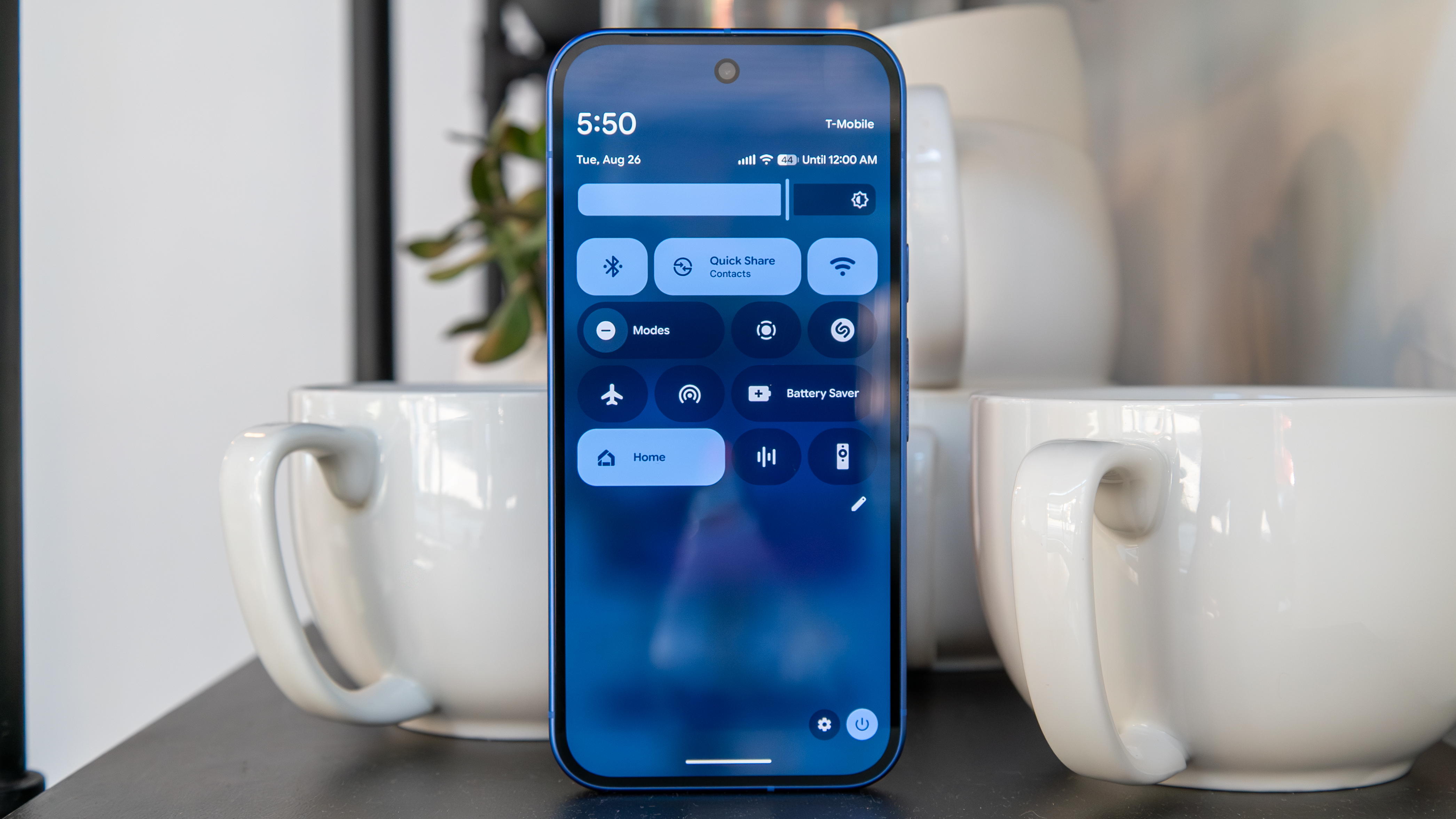Why you should be excited by the Galaxy Ring — and why Samsung will struggle to convince you
Smart rings have quietly grown in popularity, led by Oura. Samsung's path to success is there, but it's treacherous.
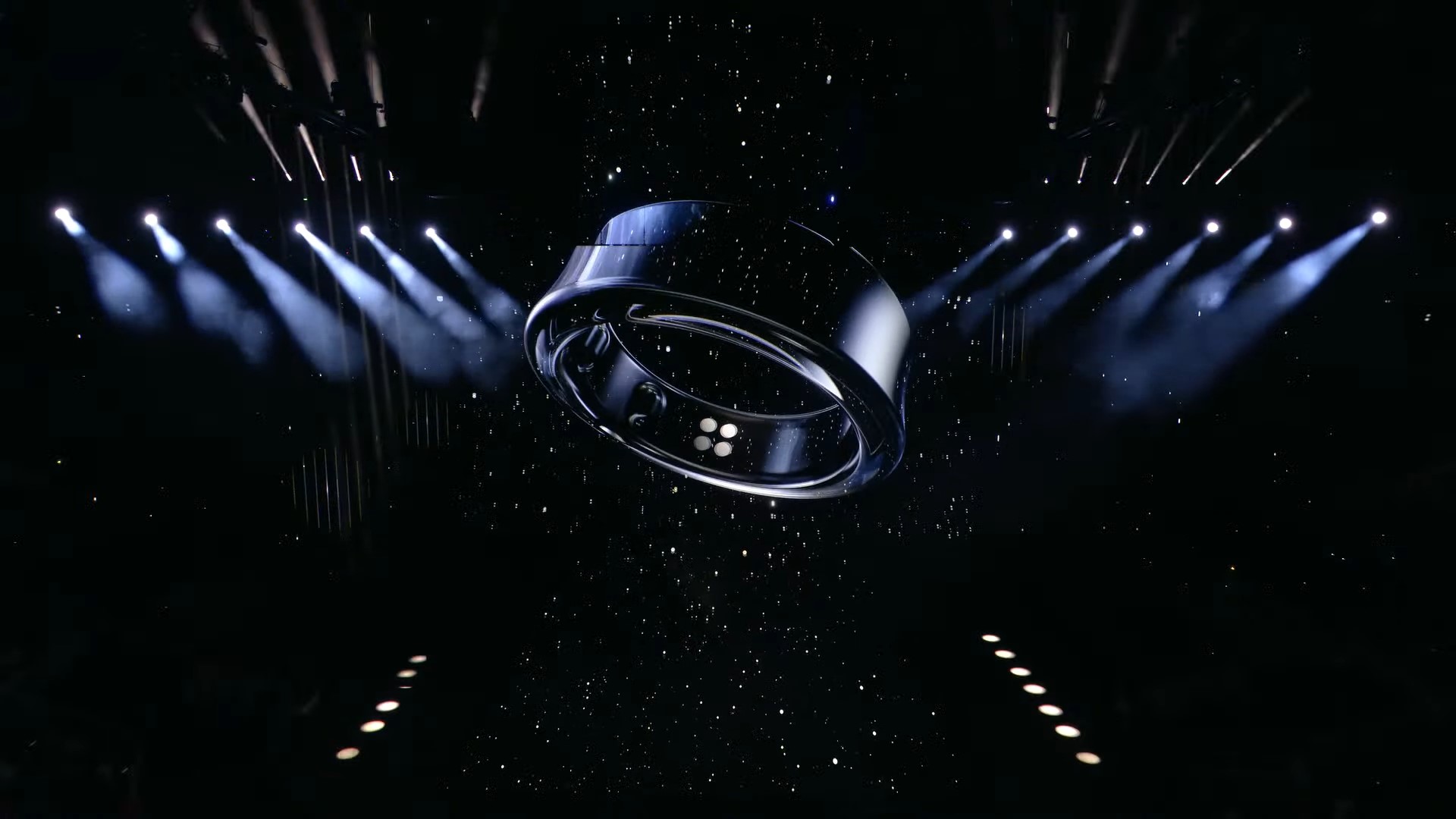
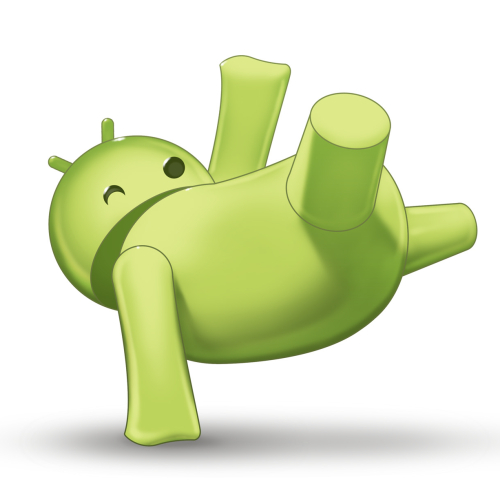
In this weekly column, Android Central Fitness Editor Michael Hicks talks about the world of wearables, apps, and fitness tech related to running and health, in his quest to get faster and more fit.
I feel like an idiot. Galaxy Unpacked 2024 happened an hour's drive from my house, but I skipped my invite because I wasn't especially excited about the Galaxy S24. Then Samsung surprised everyone by teasing its Galaxy Ring wearable, showing off an early prototype behind closed doors of the one Samsung device I desperately wanted.
Unless you own an Oura Ring, you may not know what the big deal is about the Galaxy Ring. Industry data suggests nearly a million people bought smart rings last year, but they've flown under the radar because no mainstream brands like Samsung or Apple have entered the fray — until now.
The Galaxy Ring itself has a tough path to success, for a number of reasons I'll outline below. That hasn't curbed my enthusiasm one bit, though. Samsung's smart ring represents a chance to fix everything I dislike about its Galaxy Watches and make Samsung Health a smarter, more reliable health tool in one fell swoop.
What we know about the Galaxy Ring
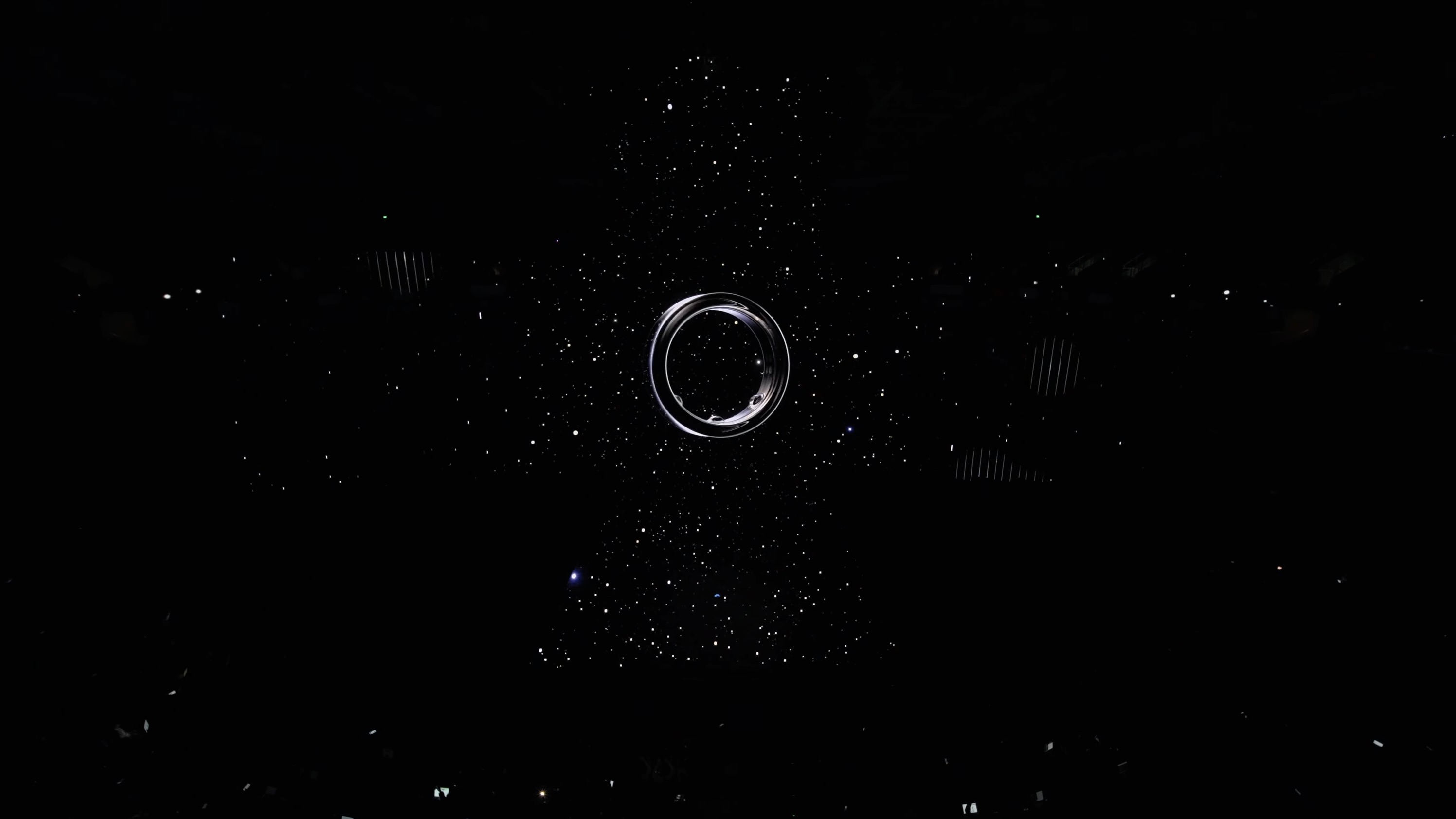
Samsung announced the Galaxy Ring at Unpacked 2024, flashing that image above but providing no other details besides the name.
According to CNET's Lisa Eadicicco, who saw a prototype that "generally reflects the appearance" of the final Galaxy Ring product, it will ship in three colors — silver, dark gray, and gold — and has a "sleek and minimalist" appearance. Although it's "larger than typical women's jewelry," it felt "surprisingly light" in her first impression.
TechRadar's Axel Metz didn't discuss many physical details of his Galaxy Ring demo, but Patrick Chomet, Samsung’s Head of Customer Experience, provided some key details and hints.
Specifically, Chomet said the "hardware is ready" and "could have launched today" but that they're still developing the software and are aiming for "a bit later in the year." There's no specific timetable, but a summer Unpacked announcement alongside the Galaxy Watch 7 seems feasible.
Get the latest news from Android Central, your trusted companion in the world of Android
"Some people want a more simple form factor, and [the] ring represents that" — Hon Pak, Samsung VP and head of mobile digital health, said to CNET.
The Galaxy Ring's focus, Chomet says, is on sleep tracking. "Most people tell us...that they find it difficult to sleep with a watch. It's much easier to sleep with a ring than a watch."
Beyond the official statements and quotes, Galaxy Ring rumors and patents suggest it may have a PPG (heart rate), ECG (heart rhythm), and perhaps even a blood pressure sensor. We'll also hope for blood oxygen, skin temperature, and an accelerometer for step and activity tracking based on what other smart rings offer.
The Elec reported last summer that Samsung might need until mid-2024 or early 2025 to get medical device certification for the Galaxy Ring. So, while Samsung said it'll arrive later this year, it's possible some health-tracking features (like blood pressure) may be disabled out of the box.
Why you should be excited about a Galaxy Ring
I did my darnedest to review the Galaxy Watch 6 objectively, but its health and sleep data inaccuracies tainted all of the other positives with the hardware and software. My heart rate and GPS data during runs skewed well off what my Garmin registered. It grossly miscalculated my body fat percentage compared to my Withings scale. At night, it told me my body was freezing to death and had dangerously low blood oxygen.
The Galaxy Ring will likely have fewer tracking metrics than a Galaxy Watch; you can't fit a GPS satellite or BIA sensor in a ring form factor, for instance. But I suspect that Samsung's smart ring will give you a much more accurate sense of your body's health, even with less raw data.
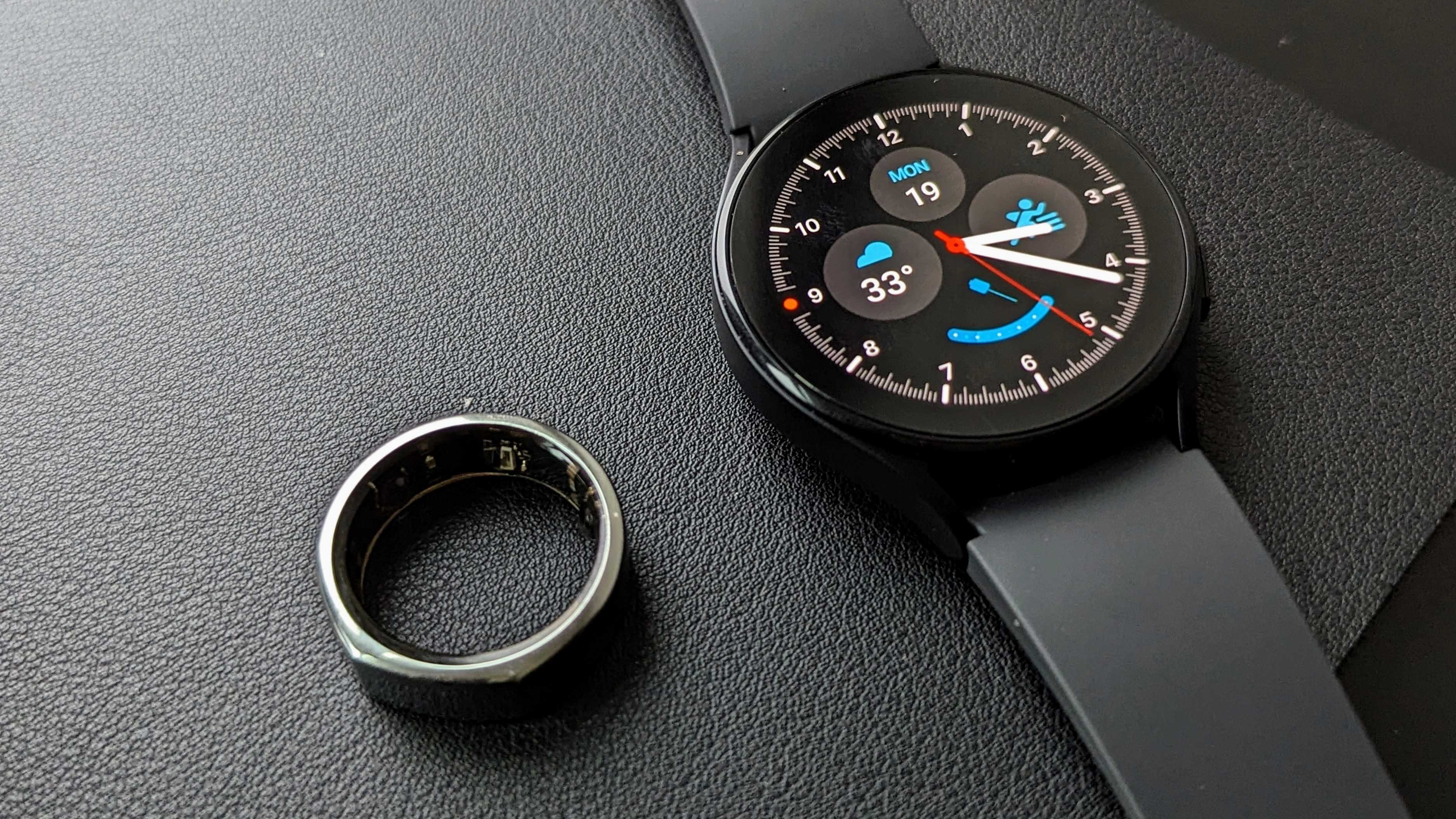
Even if the Galaxy Watch 6 is accurate in factory settings, any smartwatch will struggle with accuracy if the sensors press too tightly or move too far away from your skin, either as you move during sleep or pump your arms during workouts. Most Android watches prioritize comfort over reliable sensor data.
A smart ring is far more comfortable at night and can't get dislodged from your skin by bad wrist/pillow placement. We don't know how accurate the Galaxy Ring will be yet, but the Oura Ring (Gen 3) did quite well in our tests and got a seal of approval from plenty of other tech and health sites.
If Samsung provides a quality experience, except with one of the most popular Android health apps instead of something proprietary — and no monthly subscription, which most smart rings charge — that will generate plenty of buzz. Samsung's rivals will also see this announcement as a challenge to rush out their own smart rings. I'm just as excited to see a potential Apple Ring or Pixel Ring, and the Galaxy Ring's success could make that happen.
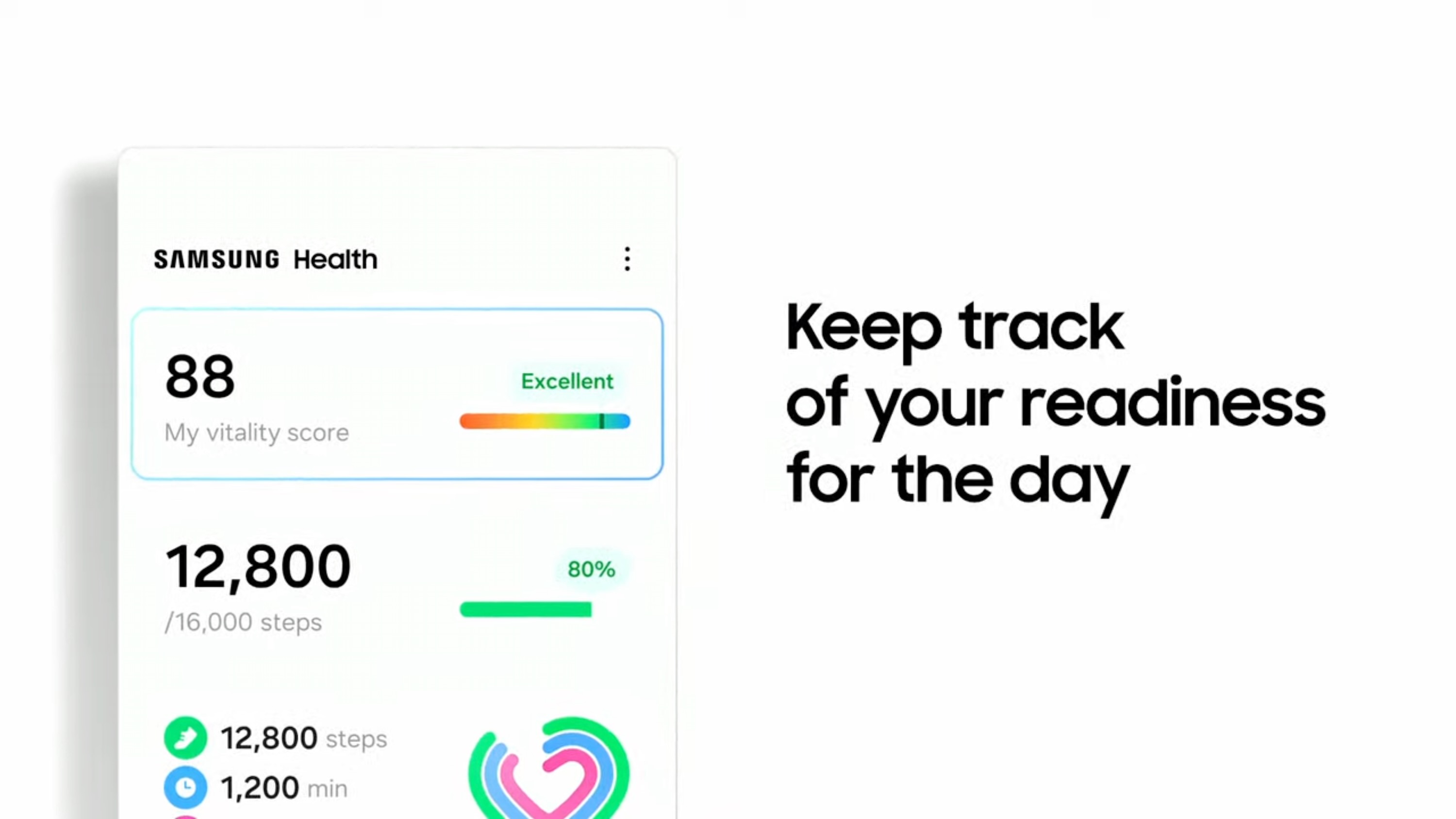
I'm even more excited about Samsung's new "Vitality score," announced at the end of Galaxy Unpacked. In essence, it's very similar to Fitbit's Daily Readiness Score or the Oura Readiness Score, collating your sleep, stress, and activity data to determine how ready you are for the day.
Plus, Samsung told CNET that its Health app will add "Booster Cards" that "provide insight into the 'why' behind your health readings," such as why it thinks you slept badly. It sounds very similar to Garmin's Sleep Coach on the Venu 3, except that the insights could go beyond sleep.
These new metrics will be available to Galaxy Watch owners, too, but I don't want Samsung Health to interpret that I'm dying based on faulty data. The Galaxy Ring seems better equipped to take advantage of this new algorithm and help you form better habits. I also hope this could lead to workout recommendations similar to what Fitbit Premium offers.
The challenges facing the Galaxy Ring
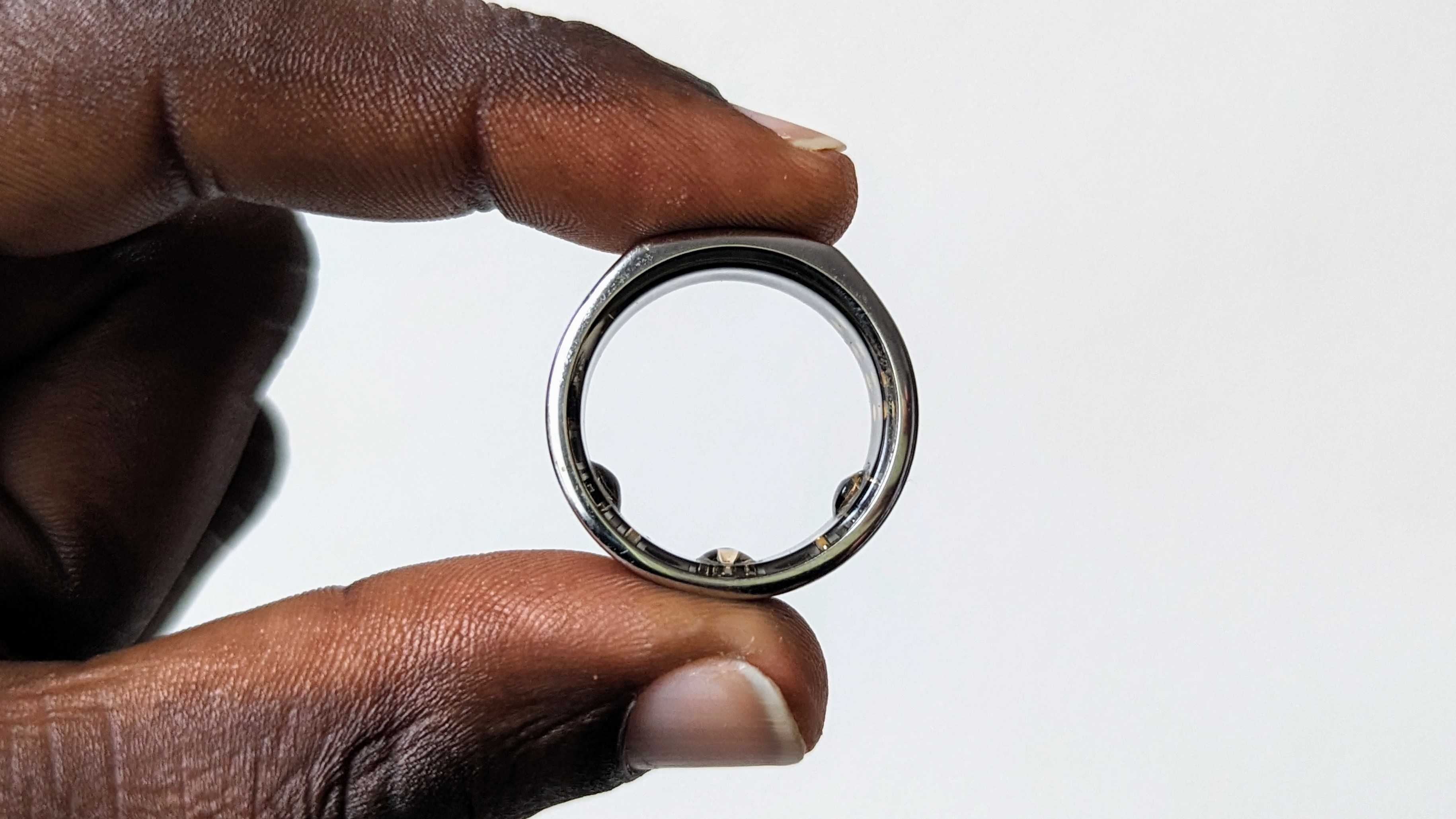
The downside of beating its rivals to the punch is that Samsung has to prove to skeptical consumers that a tiny ring should cost as much as a smartwatch despite not having a screen or nearly as many features.
An Oura Ring costs between $299 and $549, depending on the style and finish. An Ultrahuman Ring Air costs $349, while a RingConn costs $279. You'll find cheaper rings on Amazon with limited, unreliable features, but you need to pay for quality.
We can assume that Samsung's Galaxy Ring will fall somewhere within this range, which means convincing consumers to either buy this and a Galaxy Watch or buy it instead of one. Either proposition could be difficult — except for tech nerds with disposable income — because smart rings aren't seen as "essential" yet.
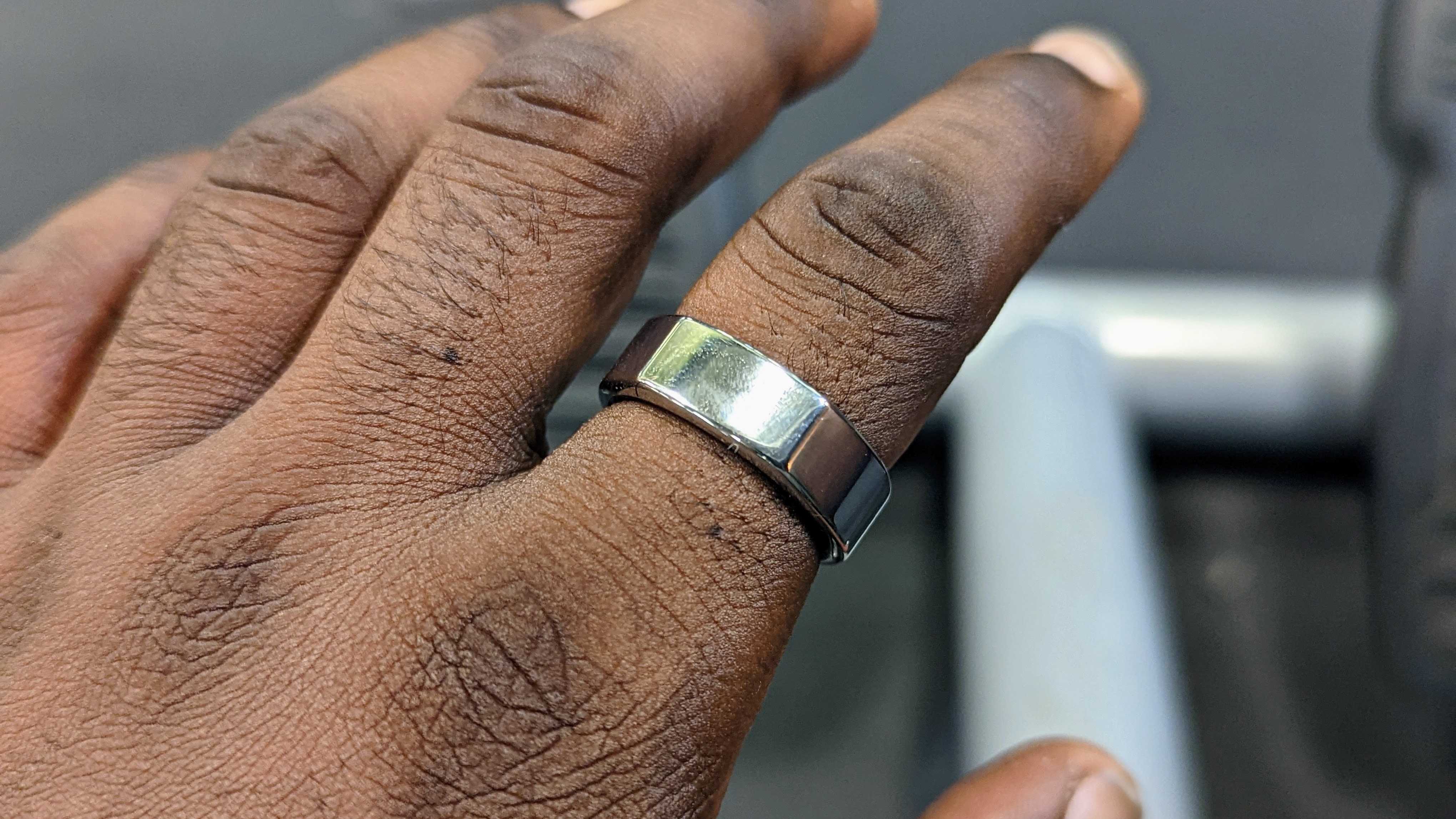
The next possible issue, I can only speculate on because I stupidly skipped Galaxy Unpacked. But a consistent theme we've noticed with smart rings is that they feel comfortable at first but feel onerously heavy by evening. To fit all of the health sensors to make a smart ring useful, you end up making the weight higher than what a single finger can tolerate.
CNET called the Galaxy Ring "surprisingly light," but will that hold up after days or weeks of testing? Because more than anything else, a petite and comfortable design is what will make it sell more than fancy metrics.
Plus, I wonder whether a "minimalist" Galaxy Ring will struggle to differentiate itself from the established Oura brand. My EIC, Shruti Shekar, tells me that her TikTok algorithm consistently sends her videos of people raving about how much they love the Oura Ring for its style and subtlety. And many of those people probably use iPhones, making the Samsung association (and Android app) a downside.
Samsung has to contend with high prices, pesky patents, long certification processes, and fitting lots of tech into a light-enough ring.
Oura responded to the Galaxy Ring announcement, bragging about its 100 smart ring patents, 270 "pending" patents, and "relentless" investments in the form factor, while claiming that "new players entering the space is validation for the [smart ring] category."
In truth, Oura has been anything but friendly with rivals, weaponizing its patents to sue both Circular and Ultrahuman over alleged infringements. I assume that Oura's lawyers are poised to strike if Samsung comes anywhere close to its hundreds of patented smart ring designs. As the Apple Watch ban saga proves, even one patent can bring a product's sales to a screeching halt.
Rounding out my Galaxy Ring concerns, I'm curious whether the Galaxy Ring will face issues with FDA certification, as the Galaxy Watch has in the past. Missing health features aren't as big of a concern with a smartwatch because it has other primary functions; on a smart ring, any missing or delayed feature will turn off potential customers.
The year of the smart ring is in full swing
When I wrote about my 2024 smartwatch wishlist and predictions on New Year's Eve, I suggested that the Galaxy Ring would highlight the "year of the smart ring," and analysts tentatively agreed with me.
Jitesh Ubrani, research manager for IDC's Worldwide Mobile Device Trackers, shared IDC's data on smart ring sales in 2023 — slightly less than 900,000 — and predicted "exponential growth" even if the Galaxy Ring didn't launch in 2024, mainly because of other established brands.
But while current smart ring brands are "localized to a few countries around the world," Ubrani says the Galaxy Ring can "drive the market forward...because it's a multinational brand with a very broad distribution network and plenty of marketing dollars."
Anshel Sag, principal analyst at Moor Insights & Strategy, noted that smart rings "solve a big problem with smartwatches" in terms of sleep tracking but agreed with the point that smart rings need to "get thinner and more sleek" before we see major sales increased.
With these two perspectives, we can see two possible futures for the Galaxy Ring. It could be an explosive product that introduces smart rings to emerging markets and takes an easy lead over lesser-known startup brands. Or, it could end up like the early Galaxy Fold phones: A little too niche and expensive for most people, with design flaws that'll eventually get fixed in future generations.
I'm optimistic that Samsung can deliver something market-ready; the question is, will the market be ready for what the Galaxy Ring has to offer?

Michael is Android Central's resident expert on wearables and fitness. Before joining Android Central, he freelanced for years at Techradar, Wareable, Windows Central, and Digital Trends. Channeling his love of running, he established himself as an expert on fitness watches, testing and reviewing models from Garmin, Fitbit, Samsung, Apple, COROS, Polar, Amazfit, Suunto, and more.
